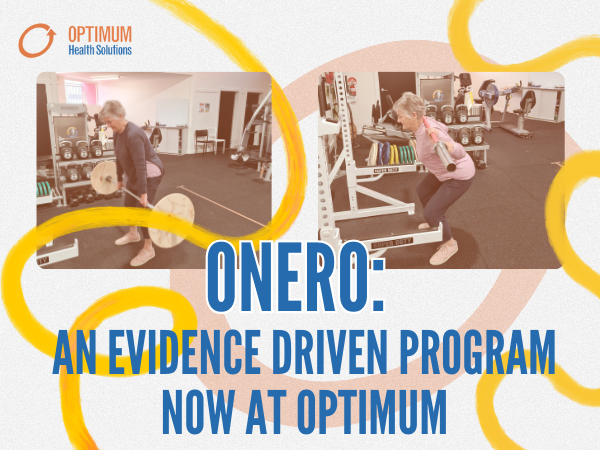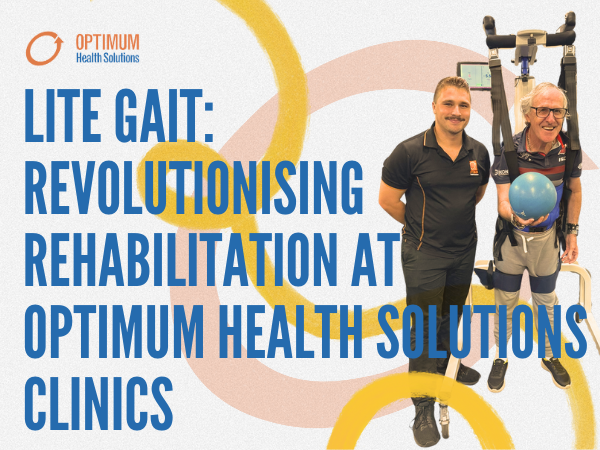According to the Australian Institute of Health and Wellbeing, Colorectal cancer is the 2nd most commonly diagnosed cancer in Australia and the leading cancer diagnosis among Australians aged over 65. It is also the cancer with the closest dietary links as everything we eat or drink passes through this area of our body at some stage.
Prevention
Luckily, this means that it is the cancer that you can PREVENT, or at least significantly reduce your chances of contracting by making a few extremely simple dietary changes. A report released by the Australian Society of Medical Research in 2003, suggested that if we are able to reduce cancer deaths by 20% over the next 40 years we could save the economy a whopping $184 billion! Not to mention all the pain and suffering that goes along with that. Saving money and saving lives? Who wouldn’t want to do their part!
The 2 major dietary contributors to colorectal cancers are a high consumption of red and/or processed meats and a low consumption of Fruits, vegetables and wholegrains. There can be some discussion over what qualifies as “processed meat” so here that term refers to manufactured deli style or luncheon meats such as Salami, devon, sausages, devilled Ham, bacon, mortadella, prosciutto etc. Meats that have undergone a form of processing such as lean ham, tinned fish or sliced chicken breasts are not included in this group.
Therefore to limit your risk of developing these types of cancers, here are my suggested dietary changes:
- If you choose to consume red meat (beef, veal, lamb, goat, kangaroo) or processed meats – limit your consumption to small portions (100-150g max) no more than three times per week, and choose the leanest varieties possible.
- Consume fish at least 2x per week (oily varieties such as Salmon, tuna, Mackarel or Sardines are best) and try not to have it crumbed or deep fried.
- Consume lean varieties of other white meats (chicken, pork etc) sensibly in similar portions (150g).
- To make sure you are consuming enough vegetables: Ensure that half of your plate is covered with vegetables at each main meal (lunch and dinner), and/or take vegetable sticks to work with your favourite dip for a healthy afternoon snack.
- Include 1-2 pieces of fruit per day as an easy convenient and healthy snack.
- Increase your consumption of high fibre lentils and legumes by having at least one vegetarian meal per week- try Chilli con carne, Chickpea Curries, or bean based salads.
- Choose wholegrain bread and cereal varieties wherever possible – the less processed foods you can consume the better!








